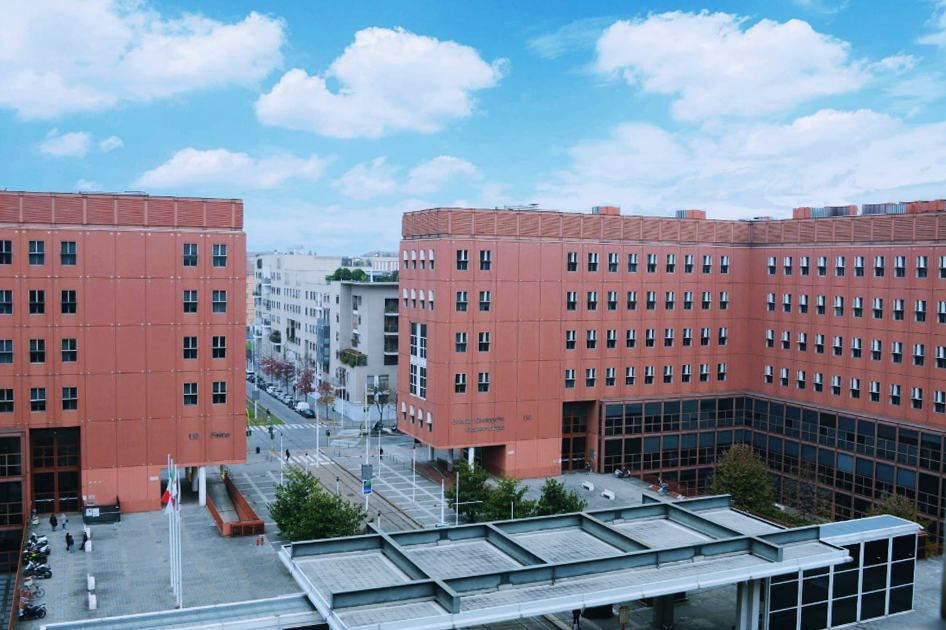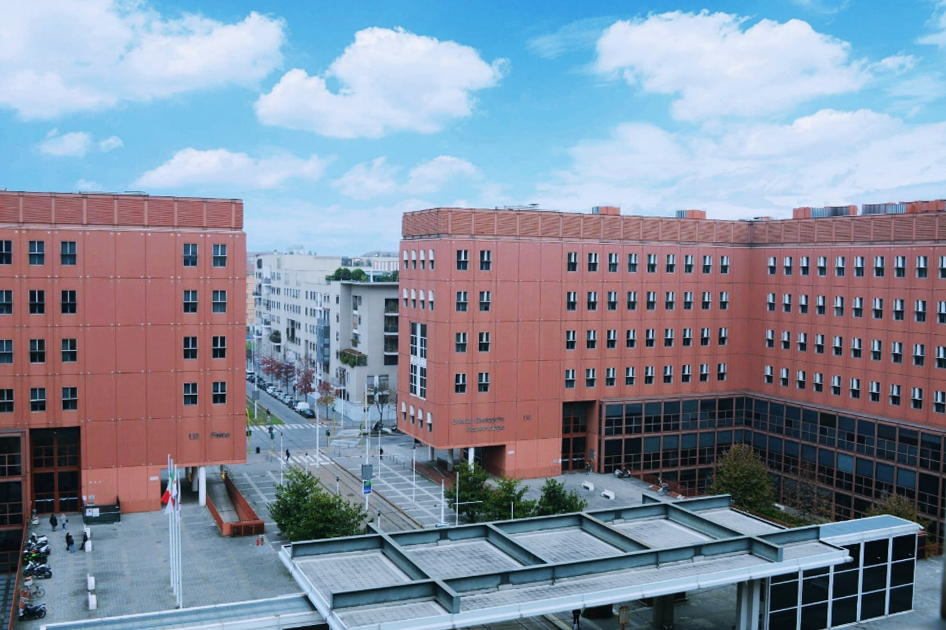About us
The Ph.D. in Intangible Heritage in Socio-Cultural Innovation involves the realization, over three years, of a research project, under the guidance of a member of the Doctoral College (tutor) and possibly one or more supervisors, including foreigners, who guarantee the quality of the project and guide the PhD student in the constitution of his or her scientific profile, placing him or her in a research group and scientific community consistent with his or her interests.
To support the development of the multiple and complex skills now expected from a researcher, the doctoral student is offered a formative curriculum structured in disciplinary courses, seminars, transversal courses offered by the doctoral school, seminars and monitoring meetings, and intermediate and final evaluation moments for each year of the course. In addition to the courses, the doctoral student is required to actively participate in the scientific, cultural and educational life of the Departments, regular meetings with the mentor/supervisor and the coordination group, and formative assessment activities aimed at ensuring the quality and progress of the research project.
Attendance at curricular courses organized by the doctoral program is mandatory as indicated in the teaching plan. Attendance at cross-curricular courses provided by the Doctoral School, as indicated in the teaching plan, is also mandatory. Courses delivered as part of disciplinary teaching will be delivered in Italian or English.
Teaching plan
The didactic-training proposal for the Doctorate in Intangible Heritage in Socio-Cultural Innovation includes the following Modules: Culture as Intangible Heritage, Participatory Approaches to Intangible Heritage, Methodological Issues in Heritage Research, Digital Futures for Intangible Heritage, Research Fields and Working Experiences, as indicated in the 38th cycle Teaching Plan. To obtain the PHD title, all student are required to attend the following mandatory courses (Culture as Intangible Heritage Module; Participatory Approaches to Intangible Heritage Module; Methodological Issues in Heritage Research Module; Digital Futures for Intangible Heritage Module; Research Fields and Working Experiences Module) offered by the Phd Program in Intangible Heritage in Socio-Cultural Innovation. It should be noted that the doctoral school requires the acquisition of at least 3 CFU among the interdisciplinary courses as indicated on the website: https://www.unimib.it/didattica/dottorato-ricerca/scuola-dottorato/corsi-interdisciplinari. All the courses will take place in presence.
Culture as Intangible Heritage Module
The UNESCO’s path to Intangible Heritage, anthropological and cultural perspectives. Intangible heritage in the Italian context: communities, identities, traditions of research and study, socio-cultural innovation; fieldwork research methodologies, ethnography and oral history; ethical problems in the study and valorisation of intangible heritage; community engagement and the challenges of restitution.
Methodological Issues in Heritage Research Module
The course offers a basic methodological understanding of the diverse paradigms, approaches, methodologies and methods/instruments that are used in research about heritage. The link between research questions, context and research design will be explored during the course. A critical and reflexive attitude will be required, as well as reading and analysing research papers.
Participatory Approaches to Intangible Heritage Module
Education, mediation, interpretation and participation within and with reference to Intangible Heritage; Participatory citizenship through the active protection of proximity heritages; Interdisciplinary and collaborative approaches to the dignity of witnessing.
Digital Futures for Intangible Heritage Module
Exploring and high lightening connections and intersections between the digital world and intangible heritage; uses of digital instruments in the identification, preservations, analysis and valorisation of Intangible Heritage; Digital and Social Media and Community participation.
Research Fields and Working Experiences Module
Seminar lessons for the presentation of concrete cases able to highlight the challenges that emerge from the study of issues related to tangible and intangible heritage. Stakeholders of Intangible heritage: Public administrations, Museums, Private foundation, Entreprise, Heritage Communities; Industrial Heritage; Food, Identities and Community; innovative approaches to intangible heritage; etc

